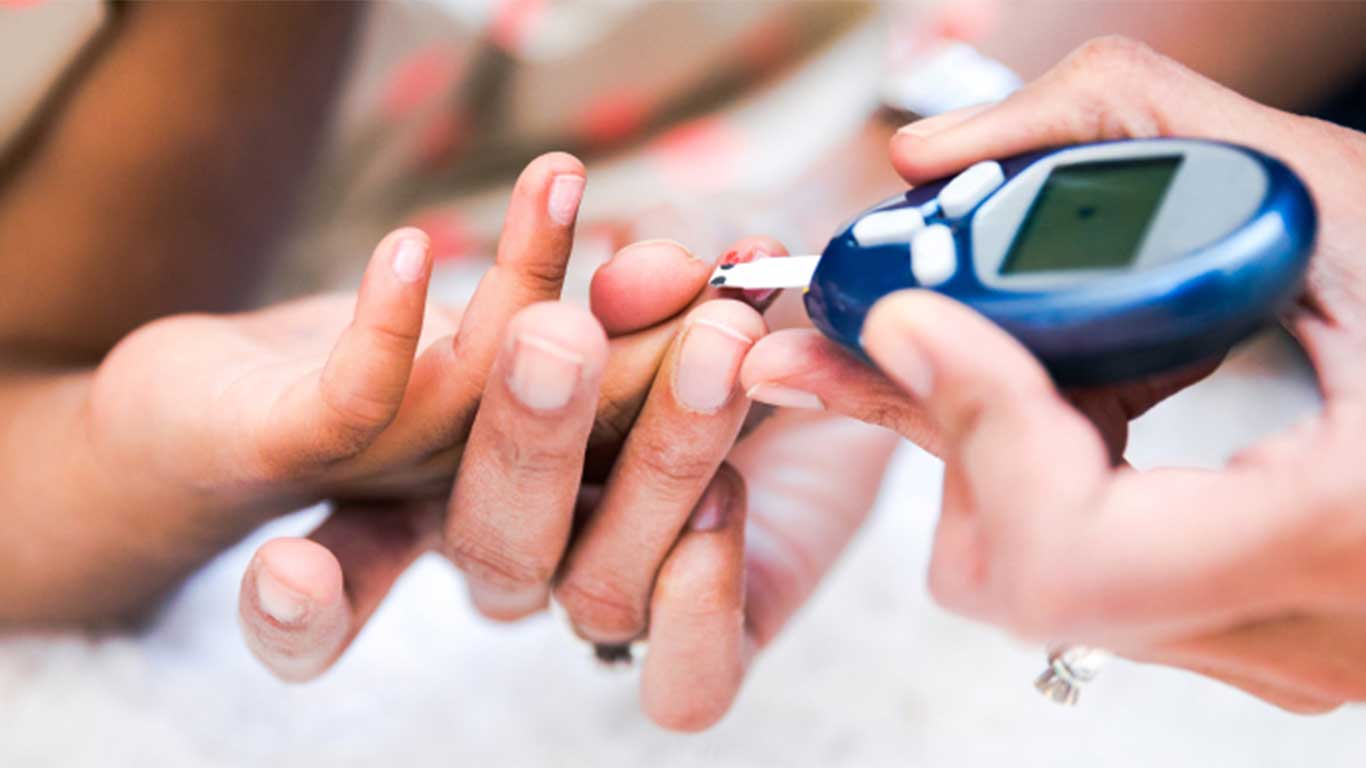Diabetes in the United States: Gallup and Healthways Rank 50 States and 190 Communities

New Report Compares Incidence of Diabetes Across the Nation
WASHINGTON & NASHVILLE, Tenn. (November 30, 2016) —World-leading analytics and advice firm Gallup, and global well-being improvement leader, Healthways, a Sharecare company, have released new research– part of the Gallup-Healthways State of American Well-Being series – that examines the incidence of diabetes in 190 U.S. communities and across all 50 states.
Utah, Rhode Island and Colorado have the lowest incidence of diabetes in the nation, with less than 8% of their populations affected. Alabama and West Virginia have the highest rates, both with more than 16% of their residents reporting that they have been diagnosed with diabetes.
Boulder, Colorado, Bellingham, Washington, Fort Collins, Colorado, and Provo-Orem, Utah are the communities with the lowest incidence of diabetes in the country. Boulder distinguishes itself as the only community in the Gallup-Healthways rankings with less than five percent of its population reporting a diagnosis of diabetes. Mobile, Alabama and Charleston, West Virginia place last of the communities ranked, with more than 17% of their respective adult populations having the disease.
Per data from the Gallup-Healthways Well-Being Index®, the overall incidence of diabetes in the U.S. for 2016 year to date is 11.5%, a metric that has steadily increased from 10.6% in 2008, when Gallup and Healthways began tracking diabetes prevalence. Even more concerning, the rate of obesity, a key risk factor in the development of type 2 diabetes, has climbed by almost three percentage points since 2008, to reach 28.3% of the national population in 2016.
“With almost a third of the U.S. population obese, we’re in dire need of effective diabetes prevention and self-management programs,” said Lynn Prowitt, Editor in Chief of dLife, a health information and media platform for those with diabetes.
Gallup-Healthways research confirms that the odds of developing diabetes are substantially greater among those who are obese compared to those who are not. Nationally, 21.2% of all obese individuals of any age report they have been diagnosed with diabetes compared to 7.4% of those who are not obese.
“The prevalence of diabetes and obesity continue to increase dramatically. We have an epidemic on our hands,” said Steven Edelman, MD, Founder and Director of Taking Control of Your Diabetes, a not-for-profit organization dedicated to diabetes education for patients and providers. “Even more alarming is that only half of people with diabetes are adequately controlling their glucose, a statistic that has not changed in 10 years despite a plethora of new and effective drugs and devices. All of our health care systems need to focus on education, motivation and activation.”
Innovative hospitals, health systems and other healthcare providers around the country have implemented diabetes management programs to counter these trends and help improve clinical outcomes for patients with diabetes.
“With the alarming rise in prediabetes and diabetes, there is an urgent need for hospitals and health systems to redesign how they deliver and coordinate care for patients with diabetes,” added Darria Long Gillespie, MD MBA FACEP, Senior Vice President of Sharecare. “We’ve seen the biggest successes in diabetes programs that focus on managing outpatient metrics, achieving glycemic targets, shortening inpatient stays and reducing readmissions – and, importantly, ensuring patients have better control of their condition and a higher quality of life.”
For more information and to access the complete State of American Well-Being: 2015 State and Community Rankings for Incidence of Diabetes report, visit www.well-beingindex.com/2016-diabetes-overview.
About the Gallup-Healthways Well-Being IndexÒ
In 2008, Gallup and Healthways initiated a 25-year partnership merging decades of clinical research and development expertise, health leadership and behavioral economics research to track and understand the key factors that drive well-being. Together, the partnership has built the world’s largest data set on well-being, with over 2.5 million surveys fielded to date.
Launched that same year, the Gallup-Healthways Well-Being Index® provides unmatched, in-depth insight into the well-being of populations. Gallup conducts 500 telephone interviews a day with Americans to gather their perceptions of well-being for a resulting sample that projects to an estimated 95 percent of all U.S. adults.
About Gallup
Gallup delivers analytics and advice to help leaders and organizations solve their most pressing problems. Combining more than 80 years of experience with its global reach, Gallup knows more about the attitudes and behaviors of employees, customers, students and citizens than any other organization in the world.
About Healthways
Healthways, a Sharecare company, is a global provider of well-being improvement solutions. Dedicated to creating a healthier world one person at a time, the company uses the science of behavior change to produce and measure positive change in well-being for our customers, which include employers, integrated health systems, hospitals, physicians, health plans, communities and government entities. Learn more at www.healthways.com.